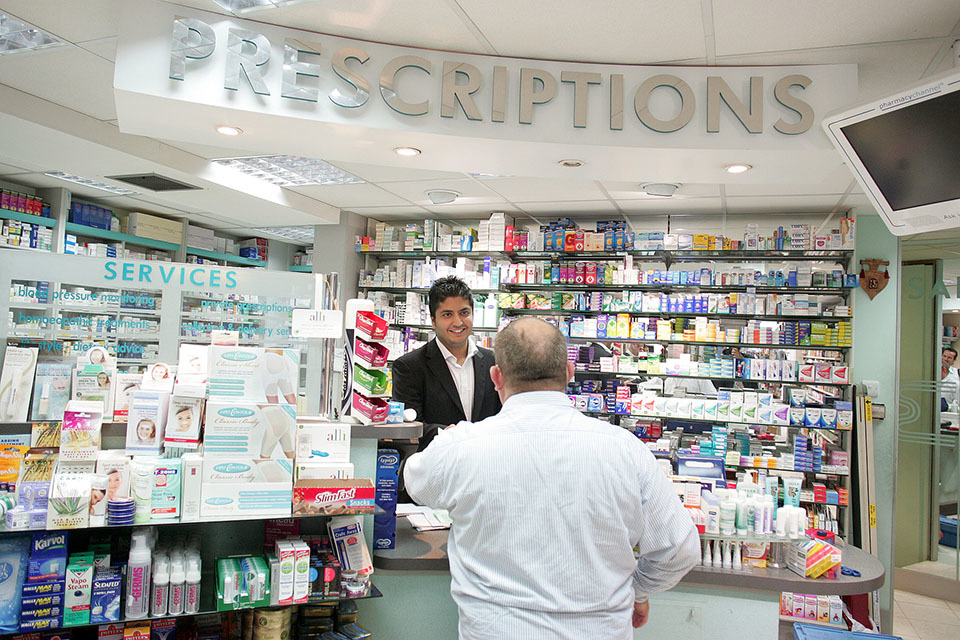Dedicated mobile health space will allow developers to test their tools, as NHS Digital Apps Library goes live
NHS England’s plan aims to make the digital health app marketplace more understandable for developers and patients – Photo credit: Flickr, Intel Free Press, CC BY 2.0
NHS England has this week launched a platform to help developers create digital healthcare products and its own library of digital health apps, as part of efforts to give people easier access to trusted tools and information.
The mobile health space, on the existing developer.nhs.uk, allows people to test their apps, download data and source code, and offers various tutorials.
It is aimed at the developer market, which NHS England’s director of digital experience, Juliet Bauer, and NHS Digital’s delivery director, Rachel Murphy, said was “rich with talent”.
In a joint blogpost published yesterday (10 April), the pair said that the move was part of efforts to offer patients better access to digital support across the NHS.
“Our vision is to transform the way people experience the NHS, by designing digital health tools and services that connect them to the information and services they need, when they need them,” Bauer and Murphy said.
“We want to enable people to access care in a convenient and coordinated way, through the digital tools that all of us are now familiar with in other areas of our lives.”
Related content
NHS to trial online CBT services as part of £67.7m investment in digital mental health
Digital health technologies could be ‘double-edged sword’ for NHS
A digital transformation for government workers
Alongside the developer platform, NHS England has also launched its much-trailed NHS Digital Apps Library, with tools that “meet the [NHS’] high standard of quality, safety and effectiveness”.
Among the apps, NHS England said that some tools are being targeted for further assessment.
These are labelled as either ‘NHS approved’ – meaning they meet NHS quality standards for clinical effectiveness, safety, usability and accessibility, and that there is evidence to support its use – or ‘Being tested in the NHS’.
This means that the tool meets standards for safety, usability and accessibility and is being tested to see if there is enough evidence to give it the NHS approved label.
“We know that digital can make healthcare more coordinated, responsive and convenient,” the blogpost said. “But in order to achieve this, the areas of greatest need have to be identified, so the market can create the right tools at the right time.
“Our apps labelled ‘Being Tested in the NHS’ are addressing those areas and are a result of a responsive market.”
Developer.nhs.uk will be the main marketing platform for indicating which areas are most in need of digital intervention, which Bauer and Murphy said would allow the market “to respond in an open and competitive way”.
Digital assessment for apps
In addition to the tools and support for developers on the mobile health space, there is also a list of digital assessment questions.
The questions, which were also published for the first time yesterday, cover nine areas, such as clinical effectiveness, privacy, security and interoperability.
Bauer and Murphy said they would form the basis of the NHS self-assessment for digital tools, which will be released later this year.
The pair said that the library and developer platform were being launched softly so that NHS England could iterate and improve the service.
They added that NHS England would be working with commissioners and the developer market over the next six months to better understand what digital tools can offer patients, and how data-driven technology can improve healthcare.
“Increasingly, consumers want to use technology to interact with their healthcare provider so that it fits in with their schedule. We need to flex with these social changes and allow innovators to meet this demand and solve the problems presented to us,” the post said.
“No one tool is going to solve all our challenges. But establishing the ecosystem to enable innovation and leveraging technology to allow new care delivery models to be tested is exciting and will provide better healthcare to our public.”
The announcement comes as the NHS published its Next Steps on the Five Year Forward VIew, which set out plans to boost the use of technology in the NHS, including increased patient access to medical records and improved online booking systems.
However, the NHS has come under fire from peers for lacking a “credible strategy” to encourage the large-scale use of technology across the health service.
In a report published last week, the House of Lords Committee on the Long-Term Sustainability of the NHS said that it was “not clear who is ultimately responsible for driving innovation and ensuring consistency in the assessment and the adoption of new technological approaches”.



